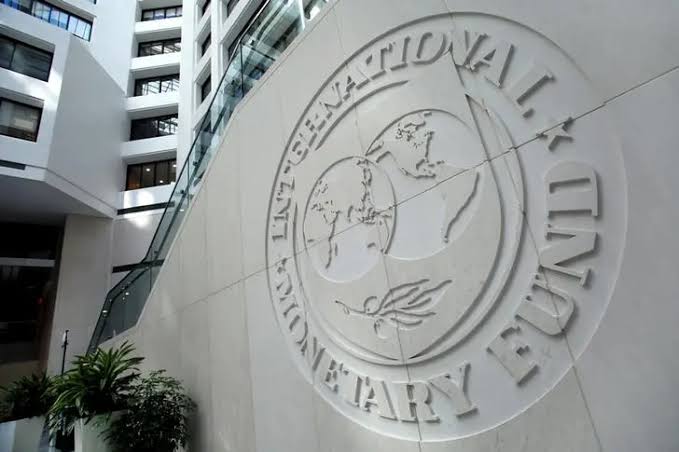Negotiations for a new government in Pakistan have calmed immediate worries about instability in the country, which has nuclear weapons, after last week’s elections ended without clear results. However, there’s still a big risk of a major economic problem.
A $3 billion program from the International Monetary Fund (IMF) is running out next month. Getting a new, much larger one is a top priority for the new government.
The biggest party, the Pakistan Muslim League-Nawaz (PML-N), got support from the second biggest party, the Pakistan People’s Party (PPP), on Tuesday. The PML-N is trying to convince the PPP to join them to form a stronger group.
The current temporary government, in place since August, is following the IMF loan program. It helped stop the country from not being able to pay its debts when it was approved in July. The government can now make decisions about money and run the country until the next election. They haven’t said anything yet about getting a new IMF deal.
Pakistan’s foreign money reserves are about $8 billion, which is only enough for two months of essential imports. It’s better than the $3.1 billion they had just over a year ago.
In two months, Pakistan has to pay $1 billion for a loan, which will make their money reserves even lower. But they will also get $700 million from the IMF soon.
Getting into another IMF program is really important because Pakistan has to pay a lot of money to other countries soon. A former deputy central bank governor said there’s no other choice.
Pakistan already owes a lot of money. Their debt-to-GDP ratio is over 70 percent, and the IMF and credit ratings agencies think they’ll spend 50 to 60 percent of their money this year just paying interest on their debt. That’s the worst ratio of any big country in the world.
Most of Pakistan’s debt is to people in the country, not other countries. But they also owe a lot of money to China for things like building roads and bridges.
The money problem is making life hard for regular people in Pakistan. Taxes and the price of gas are going up, and the value of their money, the rupee, is going down. Things like food and clothes are getting more expensive, and experts think it will stay that way for a while.


